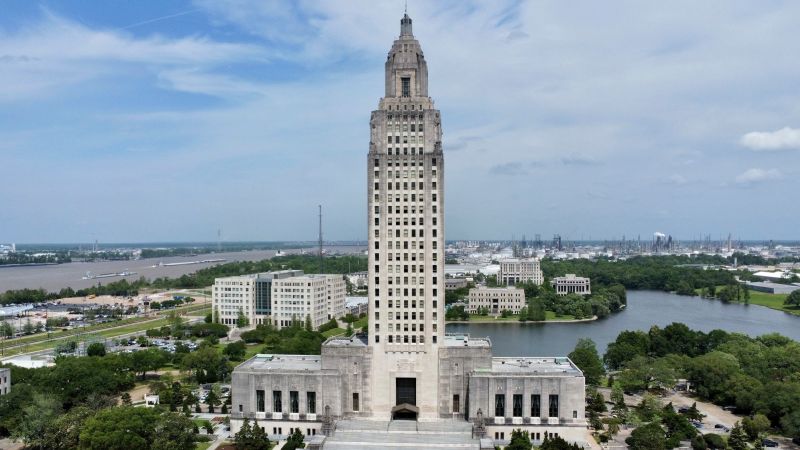The Supreme Court paused a legal battle over Louisiana’s congressional district map, allowing the state to use a new map that creates a second majority-Black district and benefits Democrats. The decision will make a district competitive for Democrats and may impact the slim Republican majority in the US House of Representatives. Although three liberal justices dissented, the ruling was seen as necessary by both Democrats and Republicans in the state, providing stability for the upcoming election.
The creation of a new Black-majority district was praised by Democrats, including state Sen. Cleo Fields. With just one Black lawmaker in the current delegation, the new map could lead to better representation for Black residents of Louisiana. However, voting rights groups are concerned about the far-reaching consequences of the court’s decision, noting that it sets a precedent for how federal courts handle election-year voting cases.
Louisiana officials invoked the Purcell principle to justify their request for the Supreme Court’s intervention in the case, citing the need for stability in the election process. The nature of the Purcell principle, which dictates when courts should intervene in election disputes, has faced criticism for its subjective application. Justice Ketanji Brown Jackson dissented, suggesting that the court should have allowed lower courts or the state legislature to draw a new map.
The case in Louisiana has national implications, as it involves redistricting and gerrymandering issues that go beyond state boundaries. Civil rights groups and election experts have been closely monitoring the case, which highlights the complex intersection of race, politics, and judicial intervention in the redistricting process. The fight over the new map sheds light on how state mapmakers consider race and political advantage in drawing district boundaries.
Louisiana found itself caught between conflicting lower court orders regarding the congressional district map, with one court citing a violation of the Voting Rights Act and the other ruling the new map unconstitutional. Black voters and Republican officials urged the Supreme Court to intervene, while White voters argued there was time for the state legislature or lower court to address the issue. The case reflects longstanding tensions over racial gerrymandering and the need for fair representation in elections.
Despite the ongoing legal challenges, there is hope for fair representation in Louisiana’s upcoming congressional elections. Civil rights advocates see the new map as an opportunity for marginalized communities to have a voice in the political process and bring about positive change. The attorneys for the voters challenging the new map are confident in their case and believe that ultimately, the Supreme Court will rule in their favor to address the racial gerrymandering issue.


